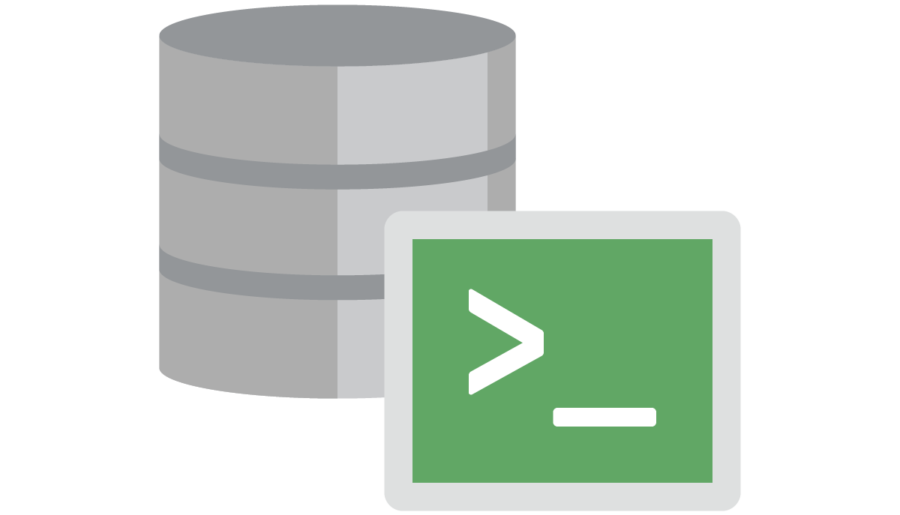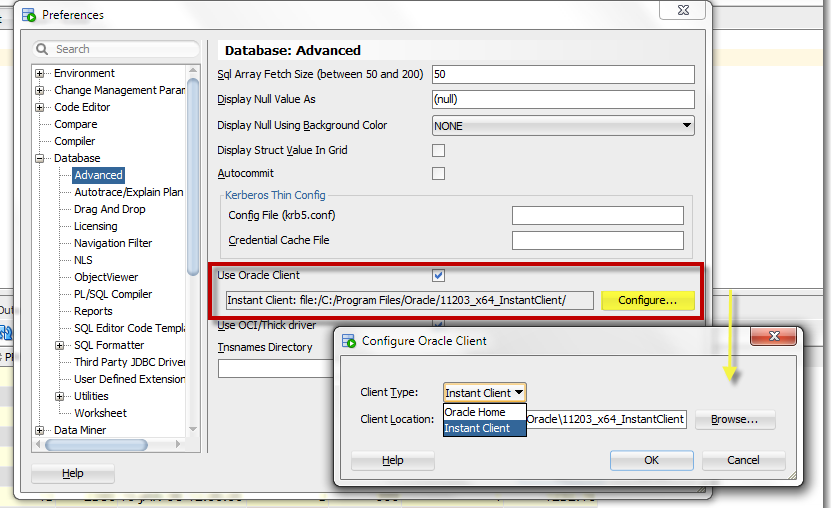You are using Oracle SQL Developer, and you want to create or open a design in the Data Modeler. How do you GET to the Modeler? Oracle SQL Developer Data Modeler is a standalone solution that is also shipped in SQL Developer as an extension. The user interface of the Modeler is folded into SQL Developer. If you are going to be doing just a quick-and-dirty operation on your design, working with SQL Developer will…
On Tuesday, February 4, 2014 – 9am to 1pm PT / 12pm to 4pm ET / 3pm to 7pm BRT, we will be holding a Virtual Developer Day conference. From the comfort of your Internet connection, you can pick from four different content tracks: Big Data for Developers Big Data for DBAs Oracle 12c for the Developer Oracle 12c for the DBA The Oracle Technology Network (OTN) has assembled an agenda of live, moderated sessions…
You’re excited to see that defining triggers and sequences to populate identity columns in Oracle Database is no longer required. You have an Oracle Database 12c instance up and running, and you’re ready to hit the ground running. Wait, what is Jeff talking about? Ok, let’s say I have a ‘BEER’ table. My Primary Key (PD) will be an integer. I want BREWERY #1 to have an ID of 1, and then each new BREWERY’s…
Oracle SQL Developer Data Modeler (SDDM) is a free data modeling solution. It supports many types of modeling levels, including: logical relational physical (multi-)dimensional When I present overviews on our database tools, I have this slide that shows what SDDM is capable of: I am not a real data modeler. However, I can fake my way pretty well through Logical and Physical modeling discussions and exercises. When it comes to the dimensional stuff, I tend…
There are many hundreds of interesting blogs in the Oracle Database space to choose from. I’m happy to say that about 300,000 of you spent at least a couple of minutes on my blog in 2013. In case you didn’t have a chance to read all 105 or so new posts, I’ll share with you the highlights. Before you run away screaming, thanks for hanging out with us in 2013 and we look forward to…
2013 has been a big year for us here at Oracle and in the tools group. We saw major updates for both SQL Developer and SQL Developer Data Modeler. For the data modeler, versions 3.3 and 4.0 brought significant feature and platform updates. Both are still free by the way 🙂 I’m still very, very high and excited about the new and improved search feature introduced in v3.3. I’ve blogged quite a bit on it,…
A new version of Oracle SQL Developer has been officially released. Oracle developers, DBAs, and data professionals will find that v4.0 is perhaps our best release yet. Of course, we always say that 🙂 So here’s 10 reasons to go upgrade. 10. Version 3.2 is more than a year old. Version 3.2 was released last November. Tens of thousands (maybe more!) of man and woman-hours have gone into the making of version 4. 9. New…
A few things have changed when it comes to running SQL Developer on a Windows machine. In previous versions, the first thing you’d see when running SQL Developer would be a prompt asking for the location of Java. Turns out, it’s hard for Java applications to run without Java. On Macs and Linux/Unix environments, we don’t prompt for the location of the JDK. The OS tells us where it is. So why not do this…
One of our bigger new features for version 4 is our new support for the Database Diagnostic Pack. We have a new interface for your ASH, AWR, ADDM reports, and snapshots, baselines, etc. I want to show you a quick navigation trick today: how to quickly go from snapshots with findings to the actual ADDM findings report. On the DBA tree, click on the Snapshots node. Don’t expand the node, click on the top level…
The name probably gives it away, but just in case you weren’t aware of this, Oracle SQL Developer Data Modeler is an extension of Oracle SQL Developer. They share a framework that is derived from JDeveloper. The latest framework has some new user interface widgets that were adopted directly from Netbeans. I’ve blogged a bit on this topic in regards to SQL Developer, but a lot of those ‘cool things’ are also available in the…






